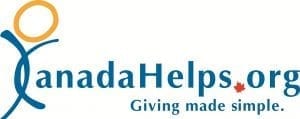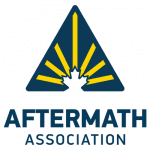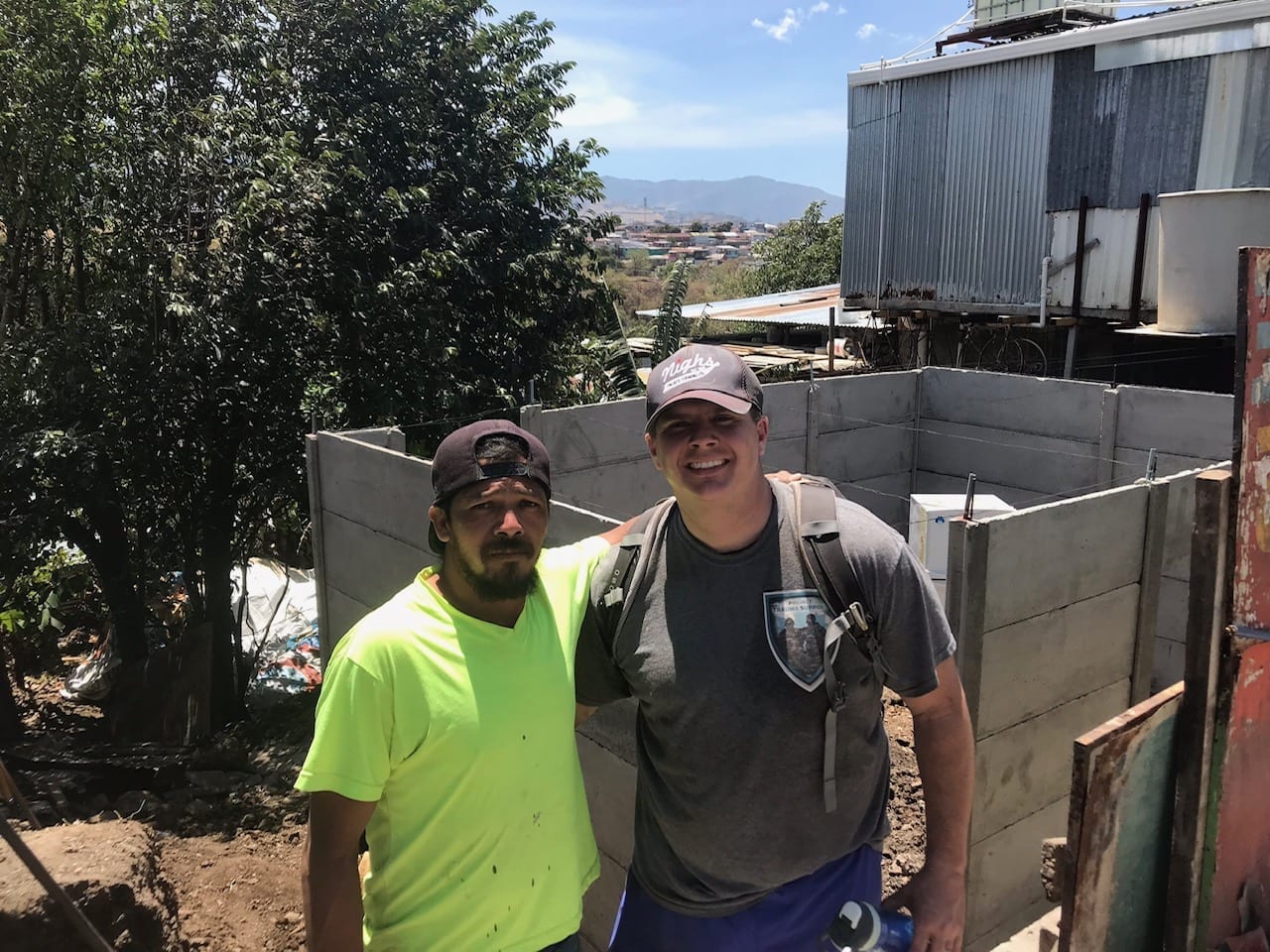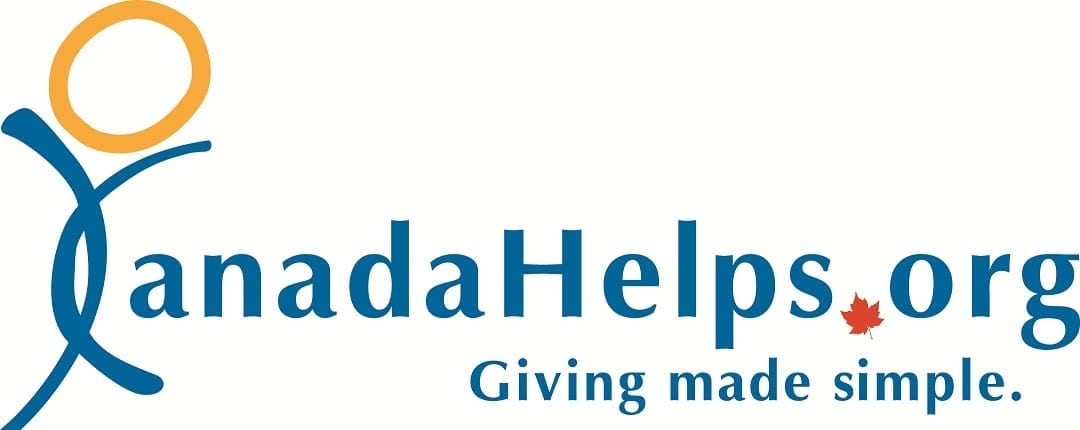Canadian Men’s Health Week is taking place this year from 10 to 16 June. This year’s theme is health in the workplace. This is an issue that affects Canadian Armed Forces veterans and first responders because many of them are dealing with PTSD that occurred as a result of their job. Camp Aftermath’s three phase, one year program aims to help veterans and first responders overcome mental anguish suffered on the job; this is accomplished by acts of philanthropy to regain a sense of purpose. Our first rotation (Roto 1) took place this past March, with Phase 1 beginning in Ottawa, Phase 2 taking place in Costa Rica, and Phase 3 continuing right now, mainly through regular online VTCs.
Scott Snow is a participant on Camp Aftermath’s Roto 1, which began in March 2019. We had a chance to talk with Scott during Camp Aftermath’s deployment to Costa Rica in March to get his thoughts on his involvement in our program.
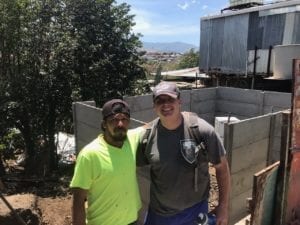
Scott working with our Costarican foreman Jimmie in La Carpio, Costa Rica
Camp Aftermath (CA): Tell us a bit about yourself.
Scott Snow (SS): I am a military veteran. I started off as a diver, then became a firefighter and finally retired in Canadian Special Operations Forces Command (CANSOFCOM). I served for 15 years and retired in 2015.
CA: How did you hear about Camp Aftermath?
SN: I heard about Camp Aftermath through Project Trauma Support (PTS), which is another program aimed at helping veterans and first responders. I was recommended to join Camp Aftermath by PTS founder, Dr. Manuela Joannou.
CA: How do you feel about your Camp Aftermath experience?
SN: Its been a great experience to get outside of Canada and put the focus on ourselves and not everything else around us. It has also been great bonding with other veterans and first responders.
CA: What are your thoughts on the volunteering aspect of the program?
SN: It’s nice to give back. It’s fulfilling, it’s rewarding, and gives you that sense of purpose that we have all been lacking for the last few years.
CA: What has been your favorite part of the volunteering in Costa Rica?
SN: My favorite part was seeing the house come together from start to finish. From digging the holes to the completion of the house and the roof going on, it really provided a sense of accomplishment.
CA: How did you find connecting to the Costarican people?
SN: It was nice. I was apprehensive at first, was not sure about being in a different place, different culture and surrounded by people but it was great. They were so welcoming and it was such an easier transition than I ever expected.
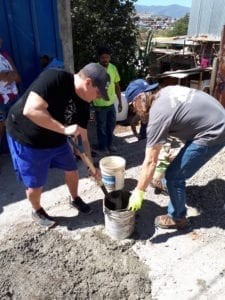
CA: What was your favorite part of the deployment to Costa Rica?
SN: My favorite part has been connecting to fellow participants who are veterans and first responders. I have been lacking that sense of comradery and friendship.
CA: How do you feel about moving into the final phase of Camp Aftermath’s program (Phase 3) after Costa Rica?
SN: I am really looking forward to staying connected to the friends that I have made here, both participants and staff. I’m looking forward to our weekly scheduled video teleconferencing meets and physical meetups. This is critical, as some other program lack the follow-up and you just kind of fall off when the program is finished.
CA: What was your greatest fear coming into Camp Aftermath?
SN: My greatest fear was being away from my wife and kids for two weeks. I have not left them for more than three days but it was totally worth it.
CA: What would you say to future Camp Aftermath participants?
SN: I would just say embrace it from day one. Don’t wait until day two or three to embrace it and get involved, just get into it form the get-go, take a chance and it will pay off for sure.
How you can help
There are currently many amazing programs that focus on helping veterans and first responders suffering from PTSD. If you believe in our cause, please help us make a difference in the live of five military veterans and first responders slated to experience our three-phased program in early 2019. You can donate to our campaign on Canada Helps.